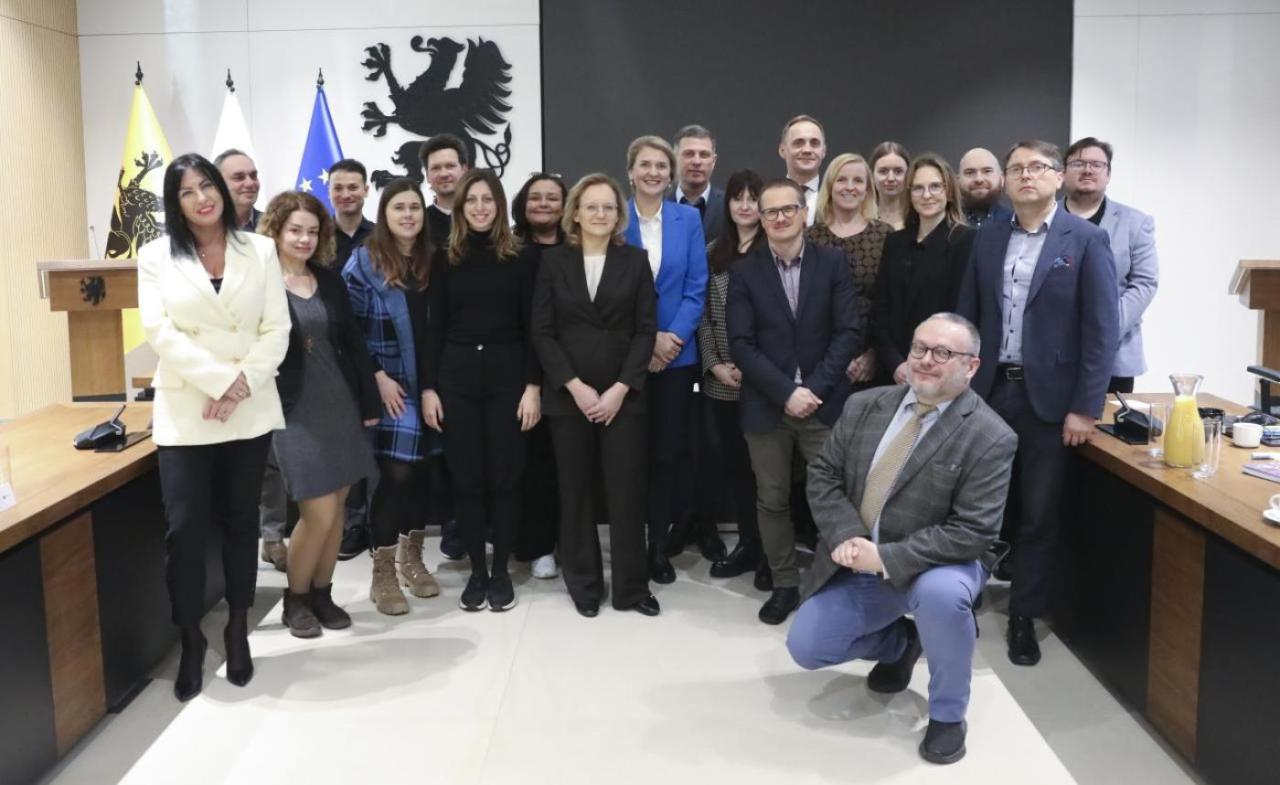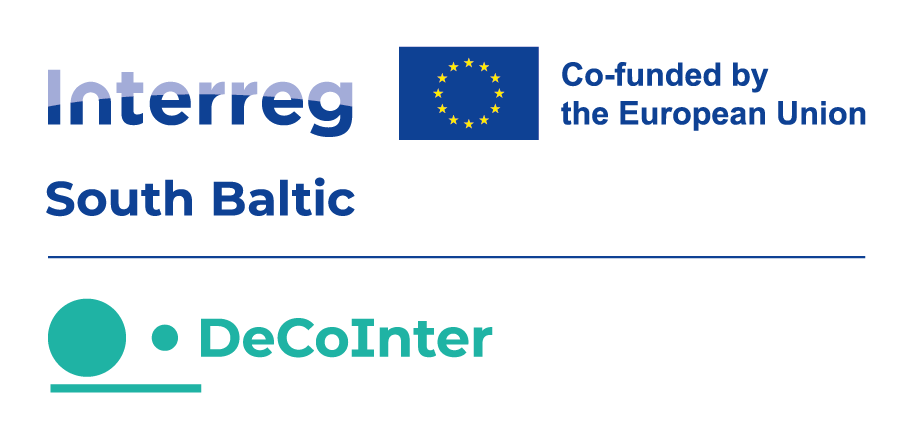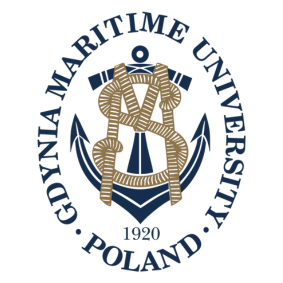Energy Transformation of Maritime Ports: GMU A Partner in DeConInter Project - Part of the Interreg South Baltic Programme 2021-2027

On 5-6 February 2025, an inaugural meeting of the partnership involved in the project Decarbonisation of the Maritime Sector and its Impact on Green Energy Transition (DeCoInter) took place at the Marshal's Office in Gdańsk. The project is funded by the European Interreg South Baltic Programme. Implementation of the project is planned for 2025-2027, with a total budget of €2.13 million, with 80% co-financing from the European Regional Development Fund. The project work will be carried out at the Faculty of Management and Quality Science by a team from the GMU Department of Logistics and Transport Systems, led by GMU Associate Professor Dr Maciej Matczak.
The project aims to support the green energy transition through the implementation of green renewable energy and alternative fuels in ports in the South Baltic region. The leader of the project is the Association of Polish Regions of the Baltic-Adriatyk Transport Corridor, and its partners, working alongside GMU, the Management Board of the Maritime Ports of Szczecin and Świnoujście (Poland), the Motus Foundation (Poland), the Port of Klaipeda (Lithuania), the Klaipeda Science and Technology Park (Lithuania), the Port of Rønne (Denmark), the Blekinge Institute of Technology (Sweden), and CPL Competence in Ports & Logistics (Germany).
The project includes plans to prepare a dedicated tool for mapping the complex needs and effects of energy transformation in the areas of large maritime ports, as well as frameworks and guidelines for the creation of strategies for their green energy transformation. In addition, a range of detailed development and implementation reports dedicated to individual ports in connection with technological, operational, and procedural changes will also be produced. The project also foresees initiatives related to the promotion, education, and transfer of knowledge in the form of best practices and research on green technologies in the maritime sector, as well as the development of a network for collaboration and cooperation based on regional governments and their decision-making instruments.
The inaugural meeting was a chance to present the premises for the project, its concept, fundamental assumptions, and the tasks ahead. It also included a visit to the Baltic Hub container terminal and the Port of Gdańsk, at which a discussion was held on the port's investment plans and the current solutions and decarbonisation measures implemented.


